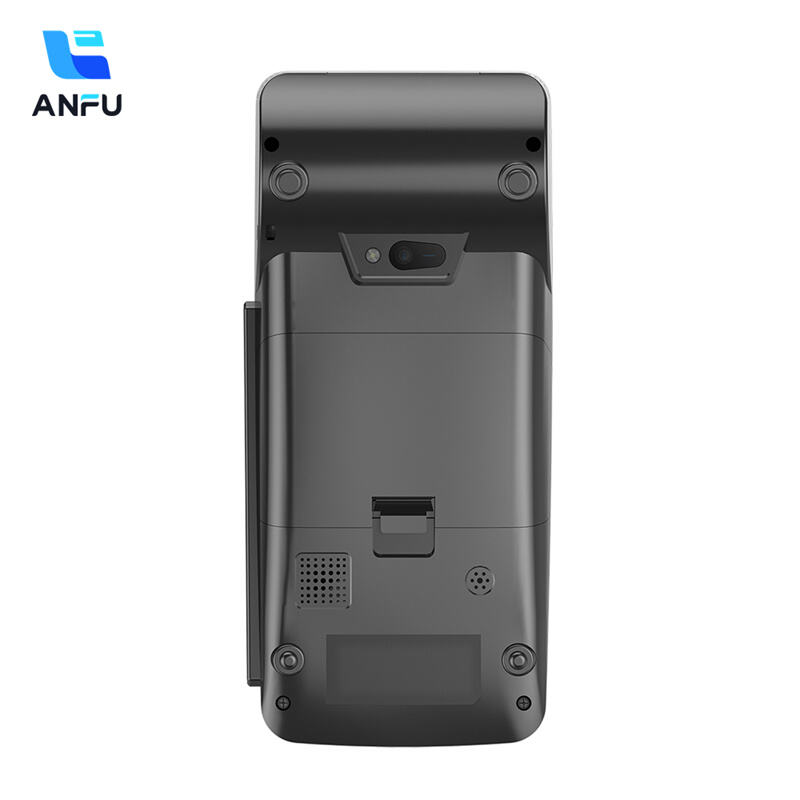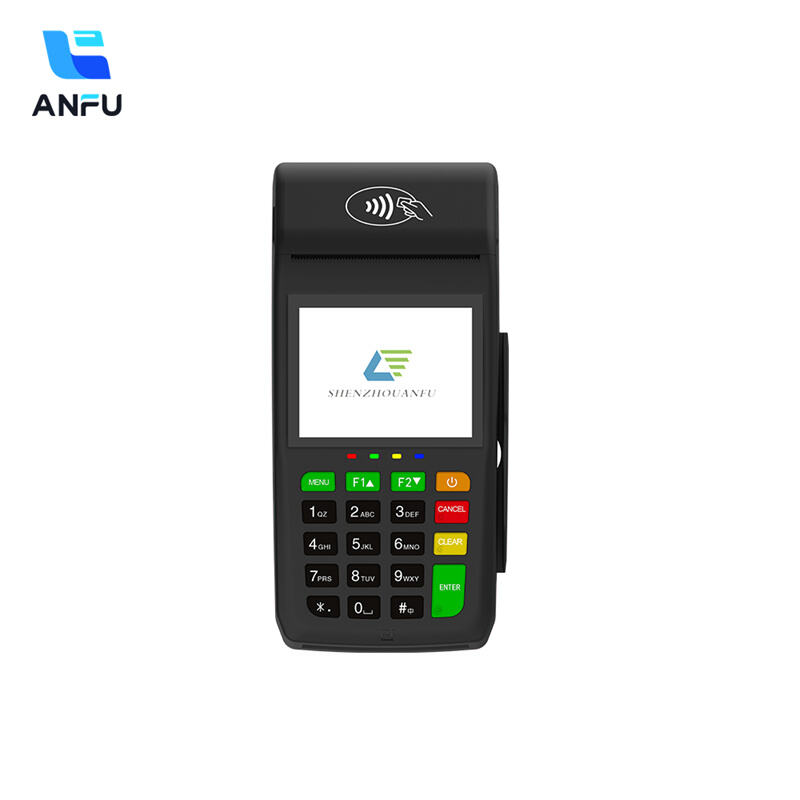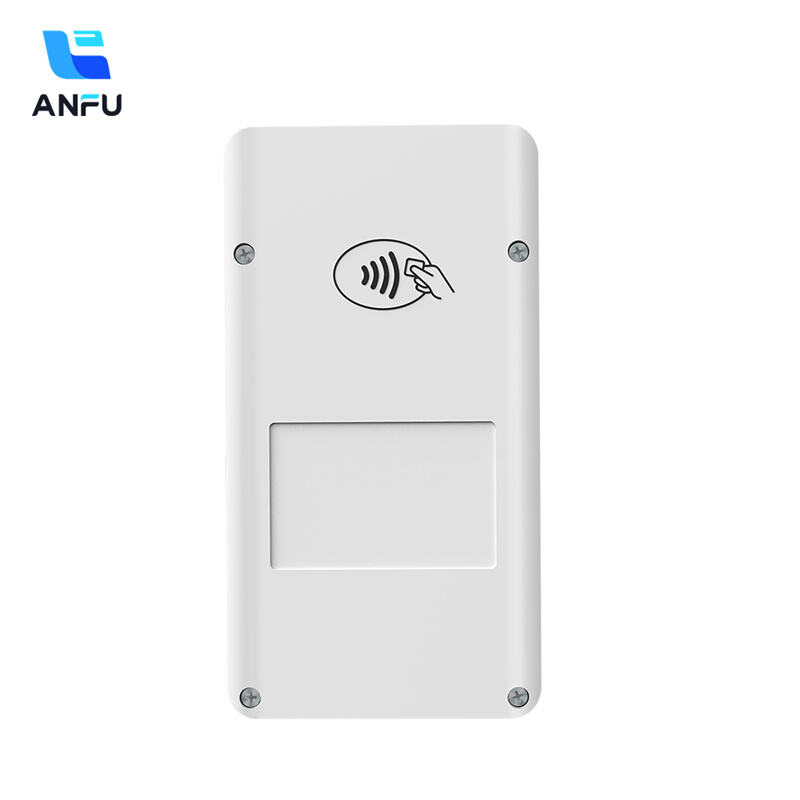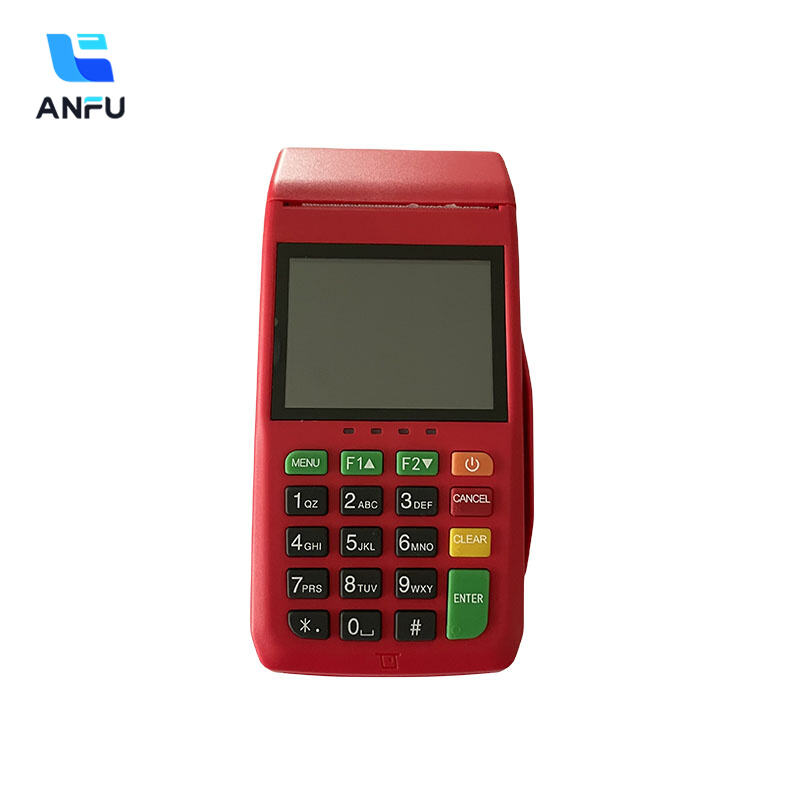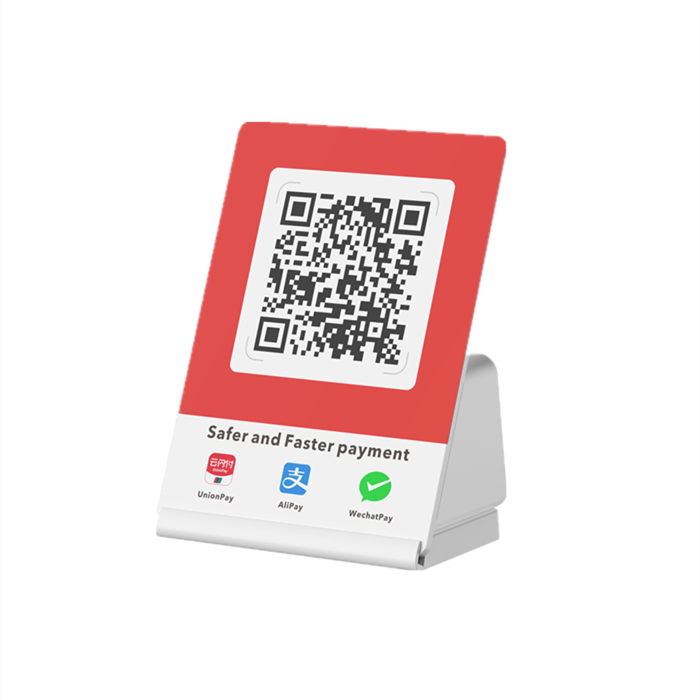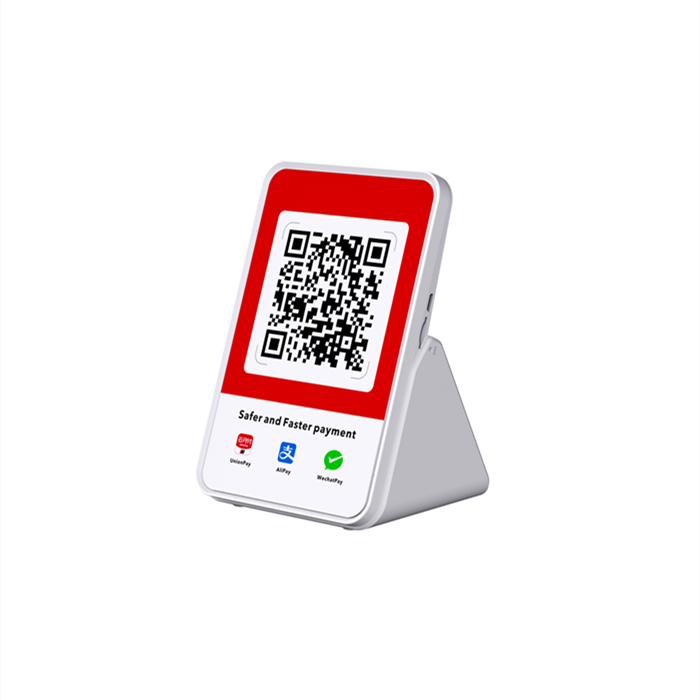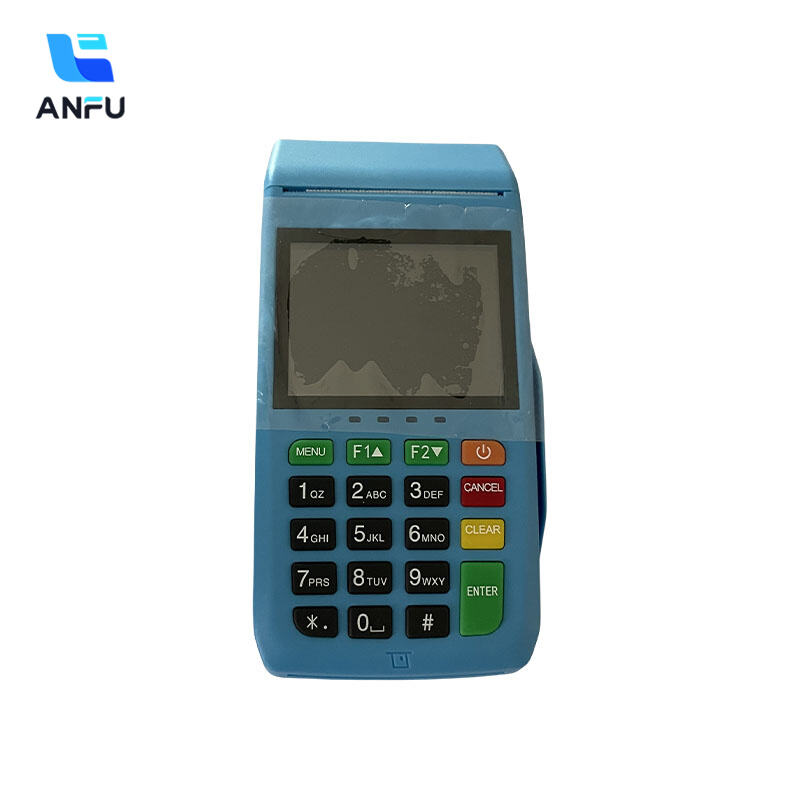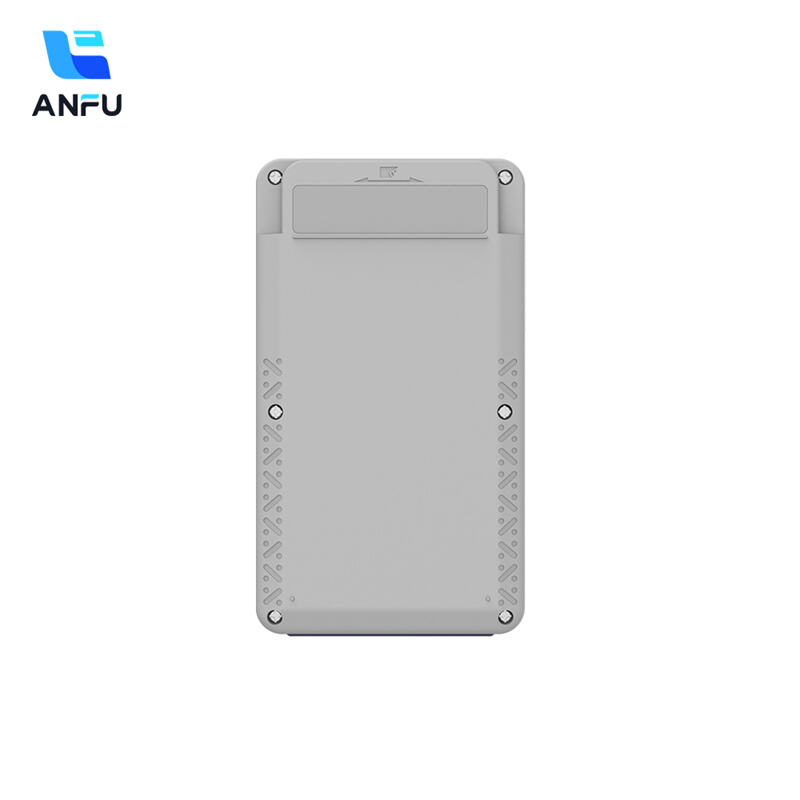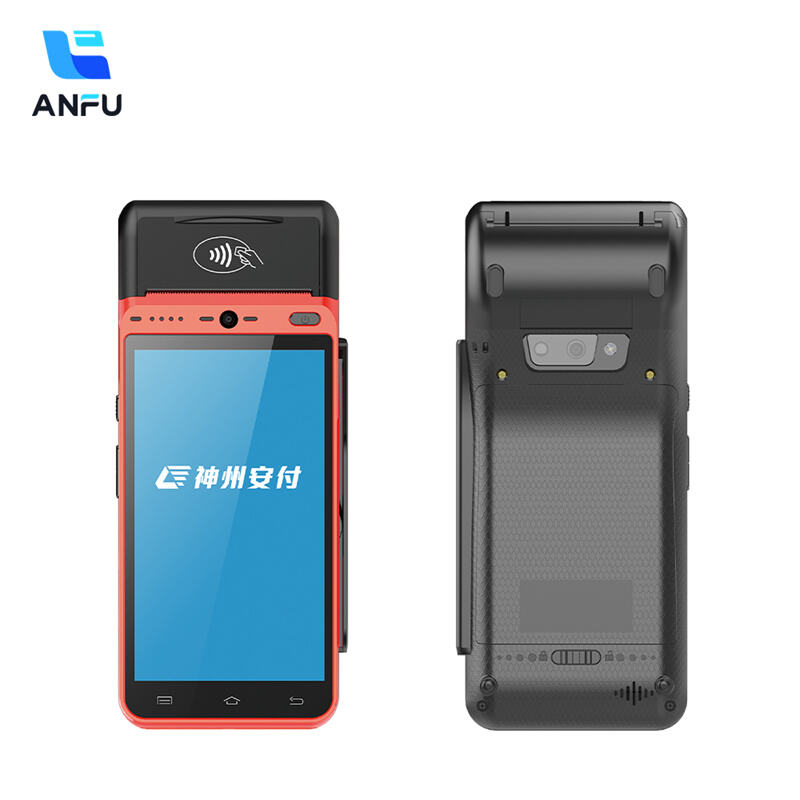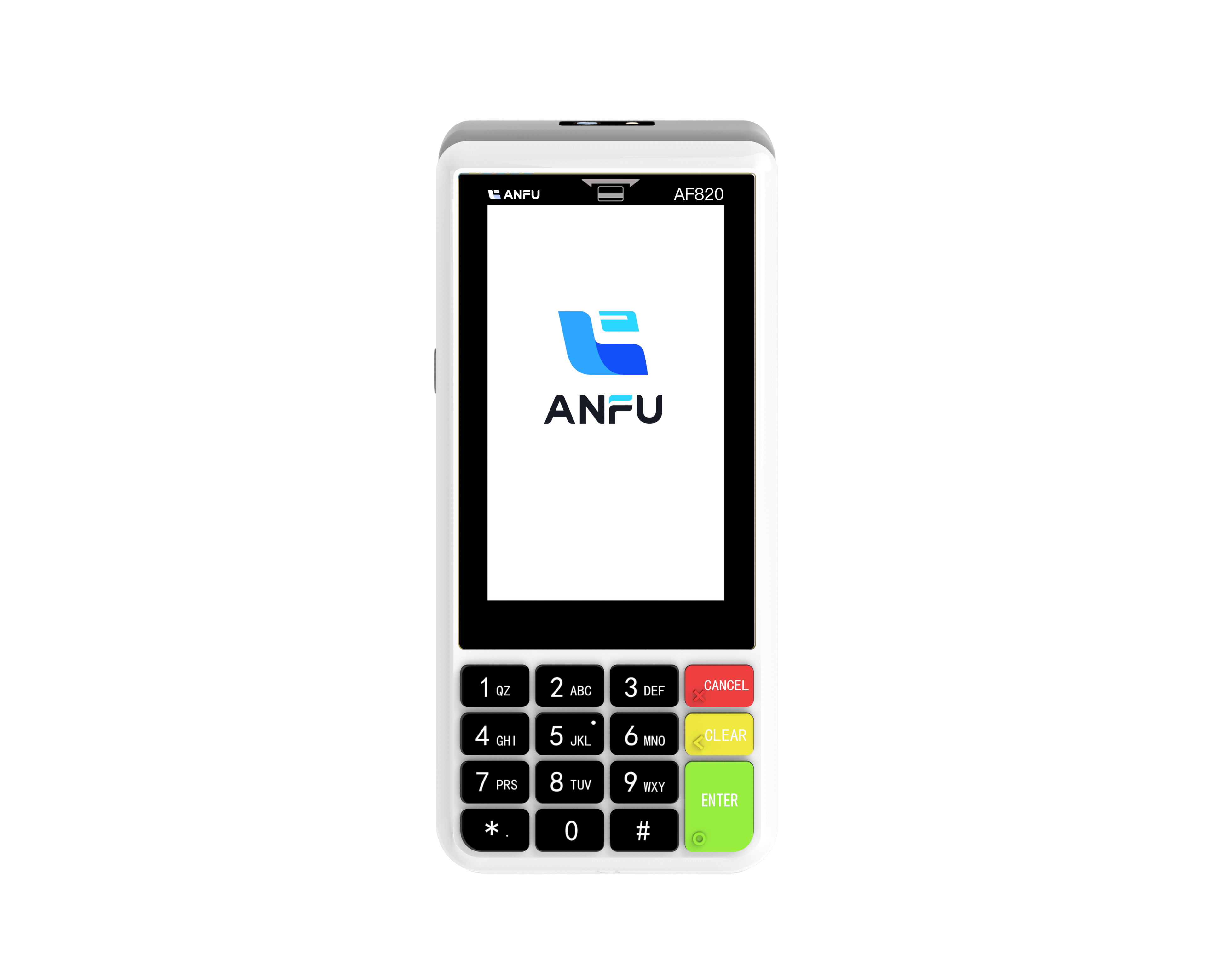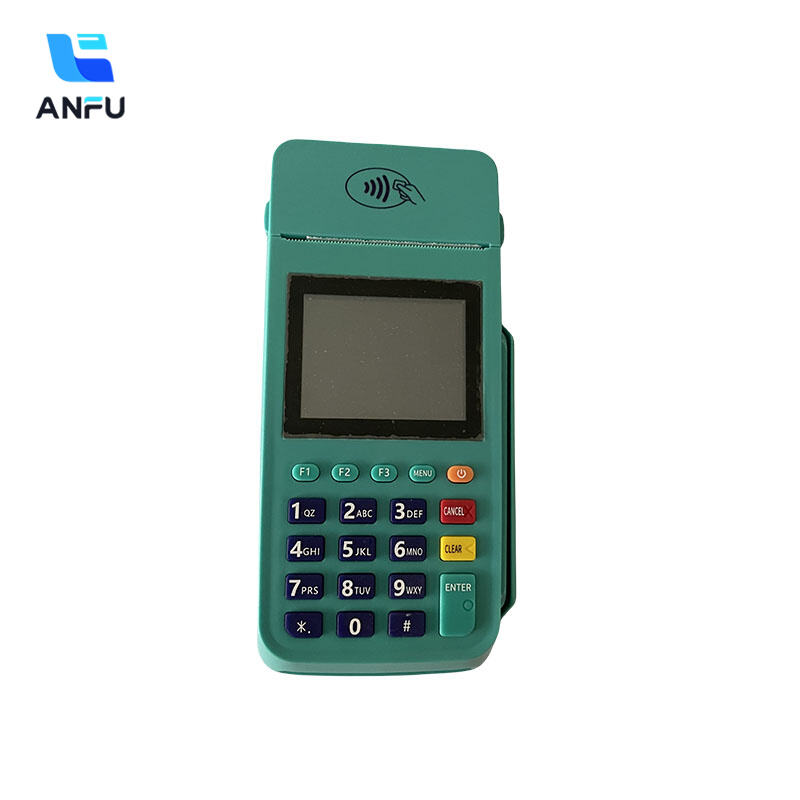Traditional POS Hardware: When Reliability Still Matters
The Enduring Role of POS Hardware in Modern Business
Why Physical POS Terminals Remain Essential
Even though businesses are going digital left and right these days, old fashioned physical POS terminals still hold their ground in retail shops and restaurants across town. The main reason? They just work better for security purposes and won't crash when things get busy. Unlike those fancy digital payment options that need constant internet access, traditional terminals keep processing payments even if the Wi-Fi cuts out. That reliability matters a lot during big sales events or holidays when hundreds of customers flood stores at once and online systems start choking under all the traffic.
The tactile interface of physical POS terminals allows employees to serve customers efficiently. In situations where speed is of the essence, such as during peak hours, these terminals facilitate quick and precise service. This efficient transaction process can enhance customer satisfaction and foster repeat business, thereby improving brand loyalty.
Additionally, physical POS terminals excel in compatibility with peripherals like barcode scanners and receipt printers. This integration enriches the point of sale experience, allowing businesses to streamline operations and meet diverse customer needs effectively.
Core Industries Relying on Traditional Systems
Retail, restaurants, and hospitality sectors are the backbone of industries relying heavily on traditional POS systems. These sectors depend on POS hardware for its ability to manage high transaction volumes efficiently, ensuring smooth operations that are pivotal in meeting customer demands.
Industry reports highlight that over 70% of retail businesses still utilize traditional POS hardware for inventory and sales management. This statistic underscores the essential role these systems play in maintaining seamless business operations.
Traditional POS systems are often integrated with inventory management solutions, offering optimized stock levels and minimized wastage. These integrations advance operational efficiency by allowing businesses to manage inventory intelligently and avoid excess or shortage, demonstrating their indispensable value in day-to-day business activities.
Key Features of Reliable POS Hardware
Rugged Construction for High-Volume Environments
One key aspect that makes POS hardware trustworthy is how tough it's built to handle all sorts of wear and tear in places like restaurants and retail shops where things get pretty hectic. Most modern systems come with strong outer shells that can take drops and spills without breaking down, so they keep working even when accidents happen during rush hours. We've seen plenty of cases where POS equipment breaks not because of age but from regular mishaps in day to day operations, which shows why durability matters so much for businesses running in tough spots. Plus, features such as those IP rating numbers tell us exactly how well these devices stand up against dirt and water exposure, something that becomes really important when setting up shop in areas with extreme weather conditions or unpredictable environments.
Secure Payment Processing Capabilities
Security has become a major concern when it comes to payment processing in today's digital world. Good quality point of sale systems now come with strong encryption tech built right in, meeting those strict PCI DSS requirements most merchants have to follow. Recent research shows something pretty telling too - around two thirds of shoppers actually worry about their credit card details getting stolen during transactions. That kind of statistic makes it clear why businesses need to take transaction security seriously. Many modern systems use tokenization as an extra protection measure. Instead of keeping actual card numbers on store devices, they substitute them with random tokens that mean nothing if intercepted. This approach gives merchants peace of mind while still making payments convenient for customers.
Multi-Network Connectivity Options
Today's point-of-sale systems must handle different ways to connect, including things like WiFi, Bluetooth, and good old Ethernet cables. This kind of versatility gives businesses real freedom when running operations and keeps things going strong even when problems pop up. For stores with multiple locations spread across town or state lines, being able to switch networks smoothly makes all the difference. We've seen plenty of small business owners tell us how their transactions just stop working when they rely on one type of connection. Stores that invest in this kind of flexible setup tend to see way fewer dropped payments and happier customers overall. When a coffee shop in downtown Seattle lost its main internet line during a storm last winter, they were still able to ring up orders because their backup system kicked in automatically through another network option.
Traditional POS vs Mobile Solutions: Stability Comparison
Transaction Speed in Peak Operations
How fast transactions happen matters a lot in stores where there's constant foot traffic, and old school point of sale systems tend to do pretty well here. They're built to get things done quickly, so businesses can manage rush hours without breaking a sweat. Some studies show that shops with traditional registers actually process payments faster compared to those relying on mobile devices, which cuts down how long customers stand waiting. Keeping service snappy when it gets hectic makes all the difference for shoppers who want to grab what they need and leave. Stores that maintain good pace during peak times generally see better repeat business from satisfied customers.
Hardware Longevity vs Software Updates
Old school POS systems have always been known to last forever because they're built like tanks. Many small businesses still run on machines from ten or fifteen years ago without needing constant upgrades, which saves them money in the long run. On the flip side, mobile point of sale options come packed with all sorts of fancy features but require frequent software patches and eventually force businesses to buy new devices altogether. Retailers end up spending more cash and dealing with downtime when these updates happen. Because of this, quite a few shop owners opt for the steeper upfront price tag of traditional hardware instead. Even though it costs more at first, most find that their wallet actually stays healthier down the road with these durable systems.
Proven POS Hardware Solutions for Demanding Businesses
AF70 Automatic 4G Wifi POS Terminal - Dustproof Wireless Workhorse
Businesses working in tough conditions will find the AF70 terminal works really well for them. The device handles heavy processing tasks while staying protected against dust buildup, which matters a lot in places like restaurants and stores. With both 4G and WiFi built in, staff can keep running transactions smoothly even when they're stuck in areas with spotty internet coverage. People who have used these terminals report that they last through all sorts of wear and tear, plus they perform better than many competitors on the market today. For shops looking to maintain smooth day-to-day operations without constant technical headaches, the AF70 Automatic 4G Wifi POS Terminal becomes an essential tool that just keeps working when it counts most.
AF75 Bluetooth POS Machine - Customizable Reliability
What really sets the AF75 Bluetooth POS Machine apart are those customizable features that let businesses tweak things exactly how they need them for day to day operations. Retail stores especially benefit from this because they can connect all sorts of Bluetooth devices without any hassle. People who work with these machines tend to love how straightforward everything is, plus there are so many different ways to set it up depending on what kind of store they're running. And let's face it, nobody wants their point of sale system crashing during busy hours. That's why retailers keep coming back to the AF75 Bluetooth Wireless POS Terminal time after time when their business needs something reliable enough to handle whatever comes through the door.
AF60S MPOS Terminal - EMV-Compliant Transaction Security
The AF60S MPOS Terminal comes with built-in EMV compliance, which means transactions are much safer and customers tend to feel more confident when making purchases. When terminals follow industry standards, they cut down on fraud risks something that shoppers care about more than ever these days. Recent market research shows most consumers actually look for stores that have EMV compliant systems before deciding where to spend their money. For anyone running a business, the AF60S MPOS Swipe POS Purchase Terminal offers solid protection against payment fraud while keeping operations smooth and reliable during everyday transactions.
AF75 Color Variants - Visibility in High-Traffic Environments
Color options on the AF75 really stand out in busy places where people need to see things fast. When traffic gets heavy, those bright hues catch eyes right away, which means staff can serve customers faster without everyone getting lost looking for registers. We've heard from event planners who swear by this feature, saying that when their teams can spot payment terminals at a glance, whole operations run smoother during rush hours. For anyone running a business in crowded spaces like festivals or markets, the colored versions of the AF75 Bluetooth Wireless POS Terminal aren't just nice to have they make sense practically speaking.
Future-Proofing Transactions: Where Traditional POS Excels
Integration with Modern Payment Ecosystems
Old school point of sale systems have come a long way lately, connecting pretty well with today's payment world so shops can take all sorts of different ways people want to pay. Businesses need this kind of flexibility because customers expect their phones to work at checkout these days, plus they want those tap-and-go cards too. The good news is transactions happen much quicker when stores offer these options, which definitely makes shoppers happier. A recent look at consumer habits shows something interesting - around two thirds of folks actually prefer paying through their mobile devices or contactless cards now. For retailers trying to keep pace, having multiple payment choices isn't just nice to have anymore. It's becoming essential if they want to compete effectively in today's market where convenience matters most.
Maintenance Advantages Over Cloud-Dependent Systems
Maintenance is where traditional POS systems really shine compared to those relying on the cloud. These older setups generally need attention far less often and don't suffer from the same kinds of service problems that cloud based systems face all too frequently. Cloud options have this big dependency on constant internet access, which means any network hiccup brings everything to a halt. Traditional machines just keep working regardless of what's happening online, so service stays steady without interruption. We've heard time and again from IT folks across different industries about how sticking with traditional hardware saves money in the long run while avoiding those frustrating service hiccups. That kind of reliability explains why many businesses still prefer going old school when they want operations that won't let them down.
Recommended Products
Hot News
-
Smart Card 2019
2024-01-23
-
Trustech 2019
2024-01-12
-
Futurecom 2019
2024-01-12
-
Seamless Payments Asia 2020
2024-01-12
-
Seamless Middle East 2022
2024-01-12

 EN
EN
 AR
AR
 BG
BG
 CS
CS
 DA
DA
 NL
NL
 FR
FR
 IT
IT
 JA
JA
 KO
KO
 PL
PL
 PT
PT
 RU
RU
 ES
ES
 TL
TL
 ID
ID
 LT
LT
 UK
UK
 VI
VI
 HU
HU
 MT
MT
 TH
TH
 TR
TR
 FA
FA
 AF
AF
 MS
MS
 MK
MK
 HY
HY
 AZ
AZ
 KA
KA
 BN
BN
 BS
BS
 LO
LO
 MN
MN
 NE
NE
 ZU
ZU
 MY
MY
 KK
KK
 UZ
UZ
 KY
KY
